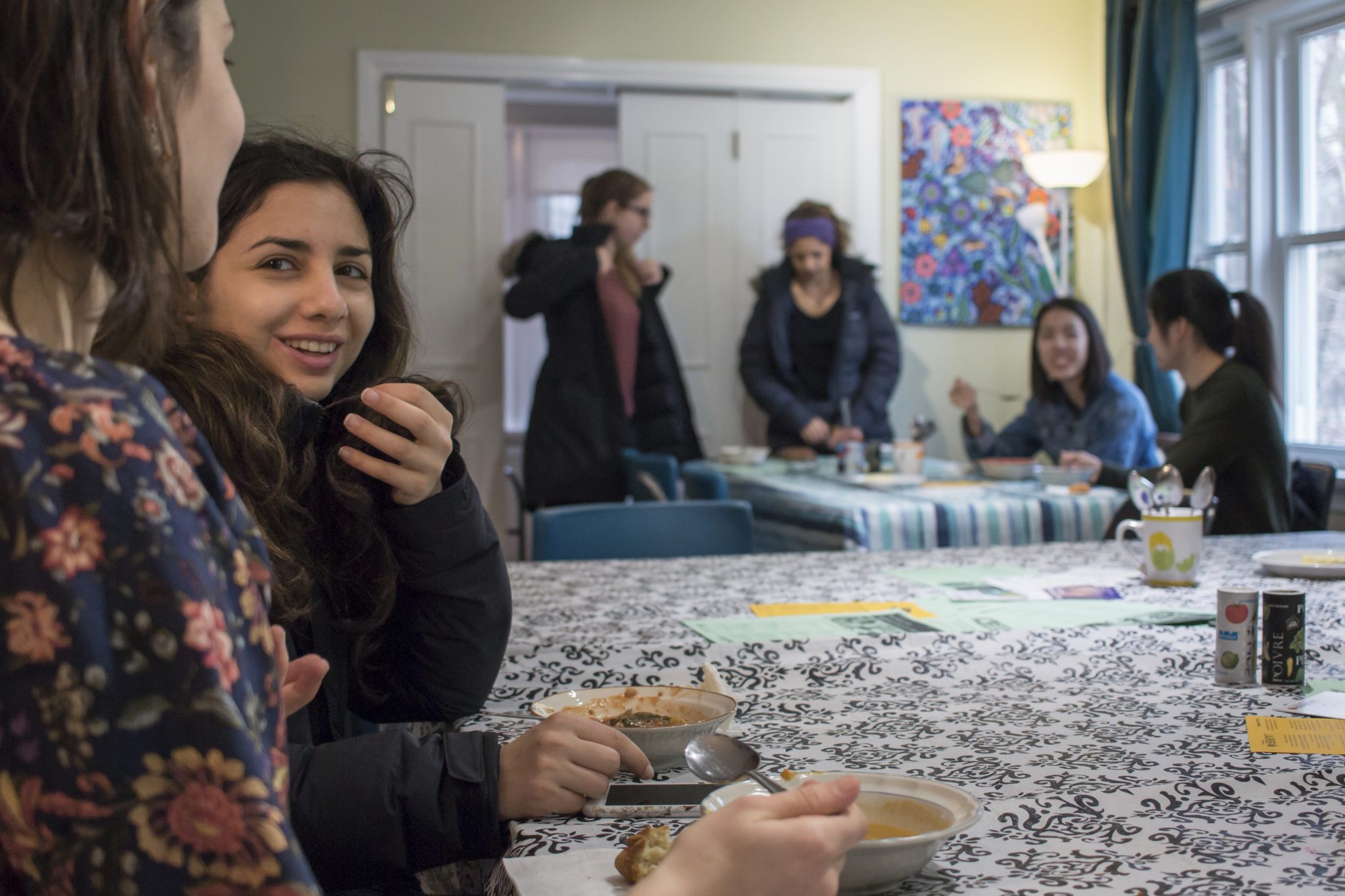Wilfrid Laurier University and the Office of Indigenous Initiatives hosts annual Indigenous Education Week


Wilfrid Laurier University and the Office of Indigenous of Initiatives is currently hosting the eighth annual Indigenous Education Week from March 5-12.
The first event of the week was a keynote speech from Kendal Netmaker, who came all the way from Saskatchewan to present a speech on his story.
Netmaker is originally from Sweet Grass First Nation in Saskatchewan and the founder of Neechie Gear, a lifestyle apparel brand which empowers youth through sports, giving a portion of the profits to help underprivileged children access sports programs.
In addition to his clothing line, Netmaker also travels the country delivering speeches to companies, universities, high schools and communities, describing how his story turned him into the success he is today.
“Today, I want to share with you not only my story but I want to share with you the five steps that have helped myself, which I will be teaching in the book that I’m launching here in the next few months,” Netmaker said.
“And these steps are things that have helped myself and those that I’ve had the chance to mentor.”
Netmaker delivered his insight on facing the adversity of being raised by a single mother on welfare, which did not offer him the ability to be enrolled in an afterschool sports program.
Netmaker’s story of struggle began when his mother left his father.
After moving to Prince Albert, Netmaker’s family was homeless and staying in women’s shelters. Eventually, Netmaker moved in with his grandmother in Sweet Grass First Nations.
From then on Netmaker had several experiences that brought him to find his passions and develop into a world class entrepreneur.
Mellissa Ireland, manager of Indigenous Student Services explained that Netmaker was an obvious choice because of his ability to connect with people across all ages.
“For a lot of Indigenous students at Laurier, a lot of us are reclaiming our identity, we come to Laurier not knowing who we are and the centre kind of helps us find it and find our inner territory and our ceremonies that are specific to communities.”
“We were really looking for a non-academic talk that could cross disciplines and ages with the kinds of messaging in this kind of talk, so we really wanted to find something that was broad and motivational,” Ireland said.
“It doesn’t matter if you were a business student, music student or social work student, this is relatable content for all ages. Some of our students have families and we wanted an event that families could come to, that older people could come to.”
The second event invited students to the Indigenous Student Centre to join in a lunch of soup and fry-bread.
Alanah Jewell, president of the Indigenous Students Association, explained the importance of the Soup and Fry bread event.
“Soup and Fry bread day is a day where the entire community kind of like comes together. It’s super important in Indigenous culture for everyone to come together over something, whether [that] be like a talk or a ceremony, regardless of what it is, it’s nice having that community feeling,” Jewell said.
“At the Indigenous Student Centre [it’s] about fostering that community for everyone, not for just Indigenous people; everyone from all over campus and the KW community can come together over a bowl of soup. It’s a way to start discussions and hold a space for students.”
Jewell explained that there is a significance about fry bread in Indigenous culture; fry bread is a staple in many Indigenous cultures and Indigenous Education Week was a great opportunity for that.
“It’s been a tradition every Tuesday for the last five or six years for the Indigenous student’s center. Every powwow and big gathering, fry bread is typically like the staple,” Jewell said.
“[Fry bread] is a way to incorporate an Indigenous food within the [celebration of Indigenous Education Week].”
Powell again emphasized the importance of Indigenous Education week for the Laurier Community and hopes that students will be able to hear the voices Indigenous involved on campus and in Canada.
“For a lot of Indigenous students at Laurier, a lot of us are reclaiming our identity, we come to Laurier not knowing who we are and the centre kind of helps us find it and find our inner territory and our ceremonies that are specific to communities,” Jewell said.
“It’s really important that we get to enjoy those things with other people as well. It’s a time for people to come together and work with us.”
“Indigenous people aren’t really heard across campus and in Canada in general and its really nice to have allies stand with us.”

